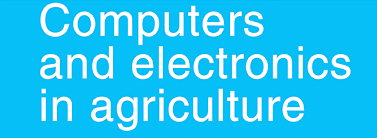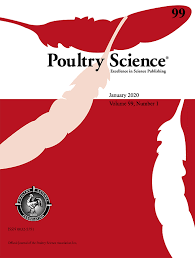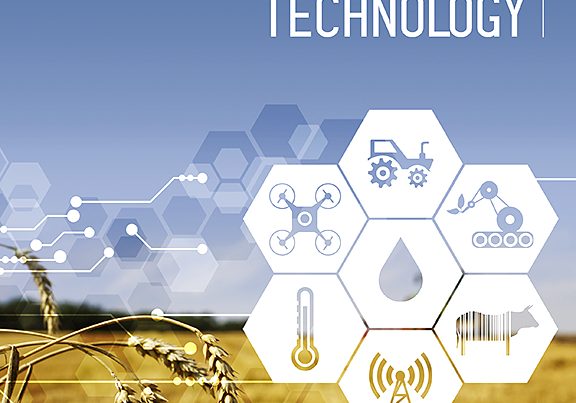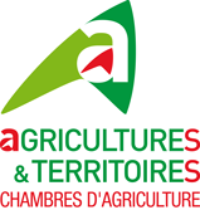Preview: Document type : Scientific review published in Computers and Electronics in Agriculture 190:106406
Authors: Parisa Niloofar, Deena P. Francis, Sanja Lazarova-Molnar, Alexandru Vulpe, Marius-Constantin Vochin, George Suciu, Mihaela Balanescu, Vasileios Anestis, Thomas Bartzanas
Preview: Precision Livestock Farming (PLF) is a concept that allows real-time monitoring of animals, by equipping them with sensors that surge livestock-related data to be further utilized by farmers. PLF comes with many benefits and ensures maximum use of farm resources, thus, enabling control of health status of animals, while potentially mitigating Greenhouse Gas (GHG) emissions. Due to the complexity of the decision making processes in the livestock industries, data-driven decision support systems based on not only real-time data but also expert knowledge, help farmers to take actions in support of animal health and better product yield. These decision support systems are typically based on machine learning, statistical analysis, and modeling and simulation tools. Combining expert knowledge with data obtained from sensors minimises the risk of making poor decisions and helps to assess the impact of different strategies before applying them in reality. In this paper, we highlight the role of data-driven decision support tools in PLF, and provide an extensive overview and categorization of the different data-driven approaches with respect to the relevant livestock farming goals. We, furthermore, discuss the challenges associated with reduction of GHG emissions using PLF.






